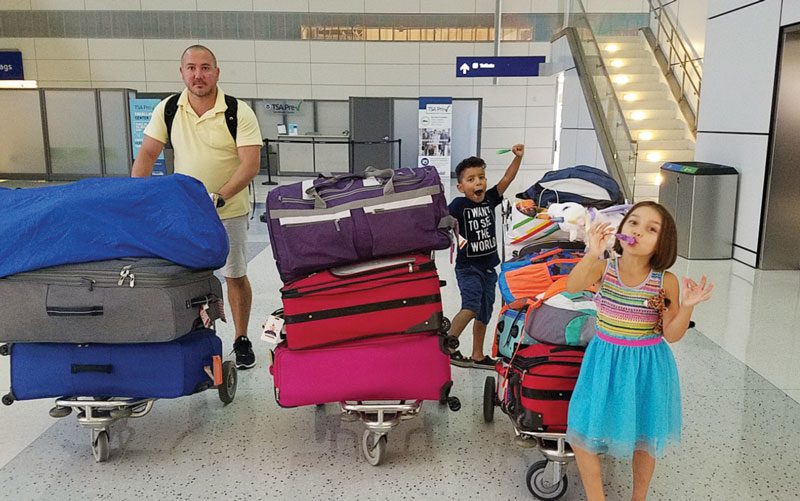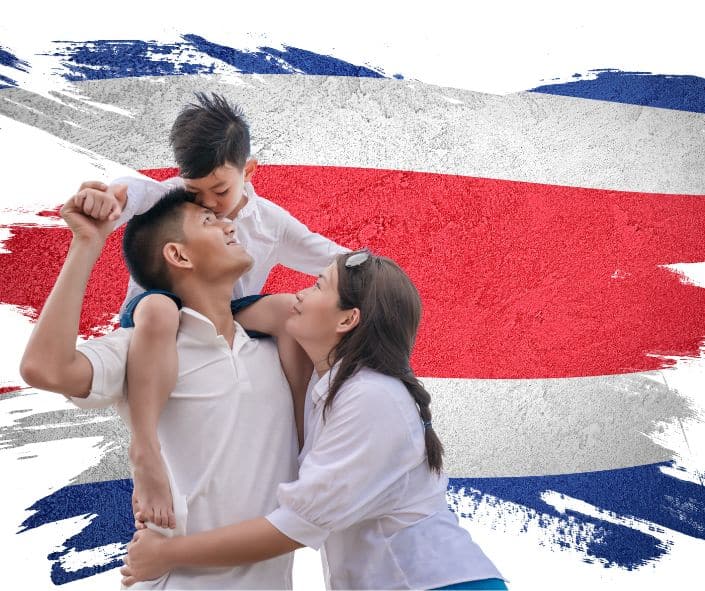Moving to Costa Rica with Kids: What Really Happens (and Why It’s Worth It)
Costa Rica has a way of resetting your family’s priorities. Between volcano treks and waterfall swims, Saturday fútbol and beachfront ceviche, scarlet macaws wheeling overhead and sloths snoozing in almond trees, life here blends adventure, culture, entertainment, wildlife, real estate dreams, business opportunities and glorious food into one bright, busy mosaic. If you’re bringing children, you’ll find the stakes feel bigger—and so do the rewards. Here’s what to expect, told straight, and structured for quick, voice-search answers.

Will our family get closer in Costa Rica?
Yes—downsizing and shared routines pull you together fast.
Smaller homes, fewer cars and more walking mean you spend real time as a unit. Siblings often play together more, and family meals reappear like old friends.
-
Tighter spaces, stronger bonds: Cosier living nudges board games, shared chores and sunset chats back into the day.
-
Transport = together time: One car (or none) creates school runs that double as life debriefs.
-
Relationship reality check: Extra togetherness can stress-test couples—communicate early, set gentle ground rules and keep a weekly date night.
Is Costa Rica “unsafe” for kids?
No—safety looks different, and common sense matters more than checklists.
You’ll see motorbikes with babies, kids in truck beds and playgrounds with wobbly charm. You’ll also notice communities that look out for one another.
-
Pragmatic vigilance: Carry a compact booster seat, teach road sense and pick well-reviewed tour operators.
-
Kitchen courage: Eat at sodas you trust; follow your nose—busy places with quick turnover are your friend.
-
Local norms: What feels laissez-faire is often just lived practicality; add your own boundaries calmly.
Where will we find support?
Everywhere—from Facebook groups to friendly neighbours.
Ask one question online and you’ll get crowdsourced wisdom and three lift offers to the mechanic.
-
Digital lifelines: Join family-focused Costa Rica groups for schools, housing, healthcare and legal basics.
-
Tico kindness: Need a translator at the utility office? Someone will appear—and probably invite you for coffee after.
How do you cope with schedules that slip?
Expect “Tico time,” plan buffers and focus on what matters.
The recital starts late. The cleaner arrives early. Power blips. Life still works.
-
Build slack: Add 30–60 minutes to school events and services.
-
Plan B (and C): Keep a battery fan, a torch, and offline activities for kids.
-
Mindset shift: Prioritise people over punctuality; celebrate what happens, not what didn’t.
Are the bugs really that bad?
They’re abundant—and mostly manageable with routines.
From army ants on patrol to the odd lice episode, you’ll expand your eco-toolkit quickly.
-
Home habits: Door sweeps, screened windows, sealed food containers.
-
Health basics: A reliable pediatrician, hydration salts, and a nit comb in the bathroom drawer.
-
Perspective: Biodiversity is why you came—most critters are harmless houseguests passing through.
Does life feel like the 1980s?
In the best and trickiest ways—simpler play, fewer status games, occasional old-school attitudes.
Kids roam outdoors, exams feel less relentless, and there’s less pressure to “keep up”.
-
Pure play: Muddy football, tree forts and long bike rides return.
-
Cultural nuance: If school brushes off playground aggro, advocate firmly and kindly; model respect at home.
Will our children become truly global?
Yes—Costa Rica is a crossroads, not a cul-de-sac.
Your kids will mix with Ticos, North and South Americans, and Europeans; languages swirl, horizons widen.
-
Languages that stick: Spanish is essential; French, German and Portuguese often ride shotgun.
-
Goodbyes happen: Friends come and go with seasons—teach kids how to keep long-distance bonds.
Do kids of different ages actually play together?
Constantly—and it’s magic.
Beach days and barrio parks become mixed-age masterclasses in cooperation.
-
Natural mentoring: Teens teach skimboard starts; little ones remind older kids to play, not perform.
-
Social superpower: Watch them negotiate, swap roles and solve problems—skills school can’t always grade.
What’s the bottom line for families?
Moving here stretches you—in the right ways.
You’ll drop some habits (relentless scheduling), gain others (sunrise beach walks) and learn alongside your children. Show them you’re adapting too, and you’ll raise resilient, curious humans who know how to savour mango season and say “Pura vida” like they mean it.
Quick prep checklist for parents
-
Schooling: Visit in person; ask about language support, bullying policies and homework loads.
-
Healthcare: Register with a trusted clinic; note after-hours options.
-
Housing: Prioritise shade, airflow, security screens and walkability to school/shops.
-
Transport: If car-free, map safe walking routes and school bus options.
-
Community: Join local parent chats; meet neighbours within week one.
-
Paperwork: Keep digital copies of passports, vaccination records, birth certs and lease.
FAQ (voice-friendly)
Is Costa Rica a good place to raise kids?
Yes—outdoor living, community spirit and diverse schools make it an uplifting environment for families.
Do I need a car with children?
Not always—many families manage with one car, car-shares, buses and walking in compact towns.
What about healthcare for kids?
Quality is solid in major hubs; have a paediatrician contact and basic meds at home for common tummy bugs.
Will my child learn Spanish quickly?
Usually—immersion plus daily practice works. Start with greetings at shops and neighbours’ houses.
How expensive is family life?
It varies—fresh produce is affordable, imported goods cost more. Choose local brands and seasonal food.
Is schooling in English available?
Yes—bilingual and international schools exist in most expat centres; visit and compare curricula.







